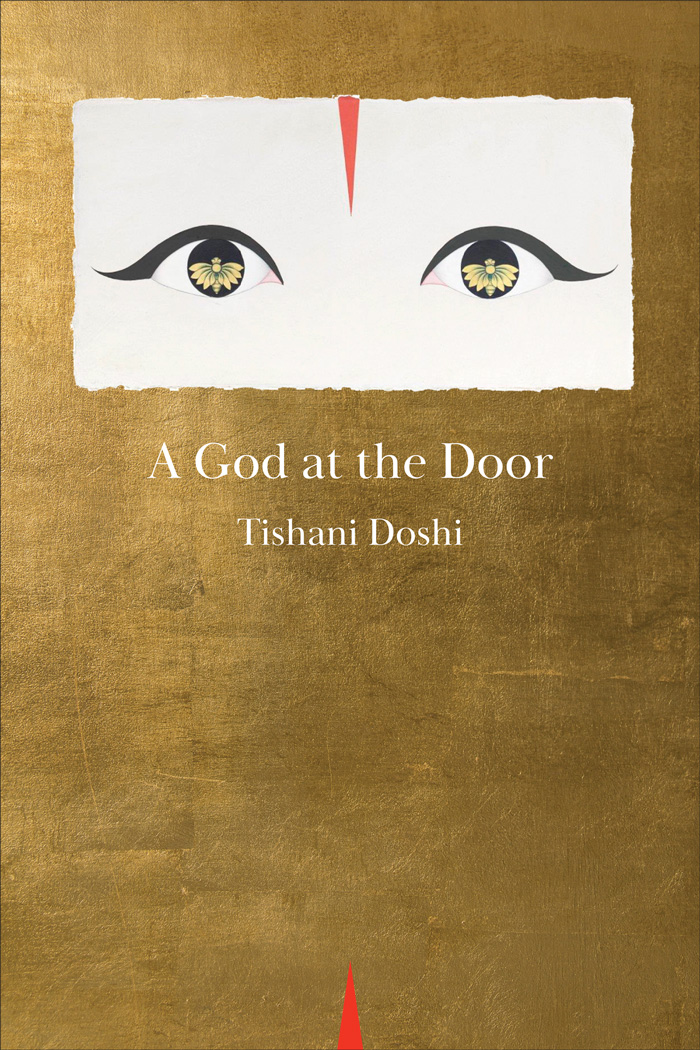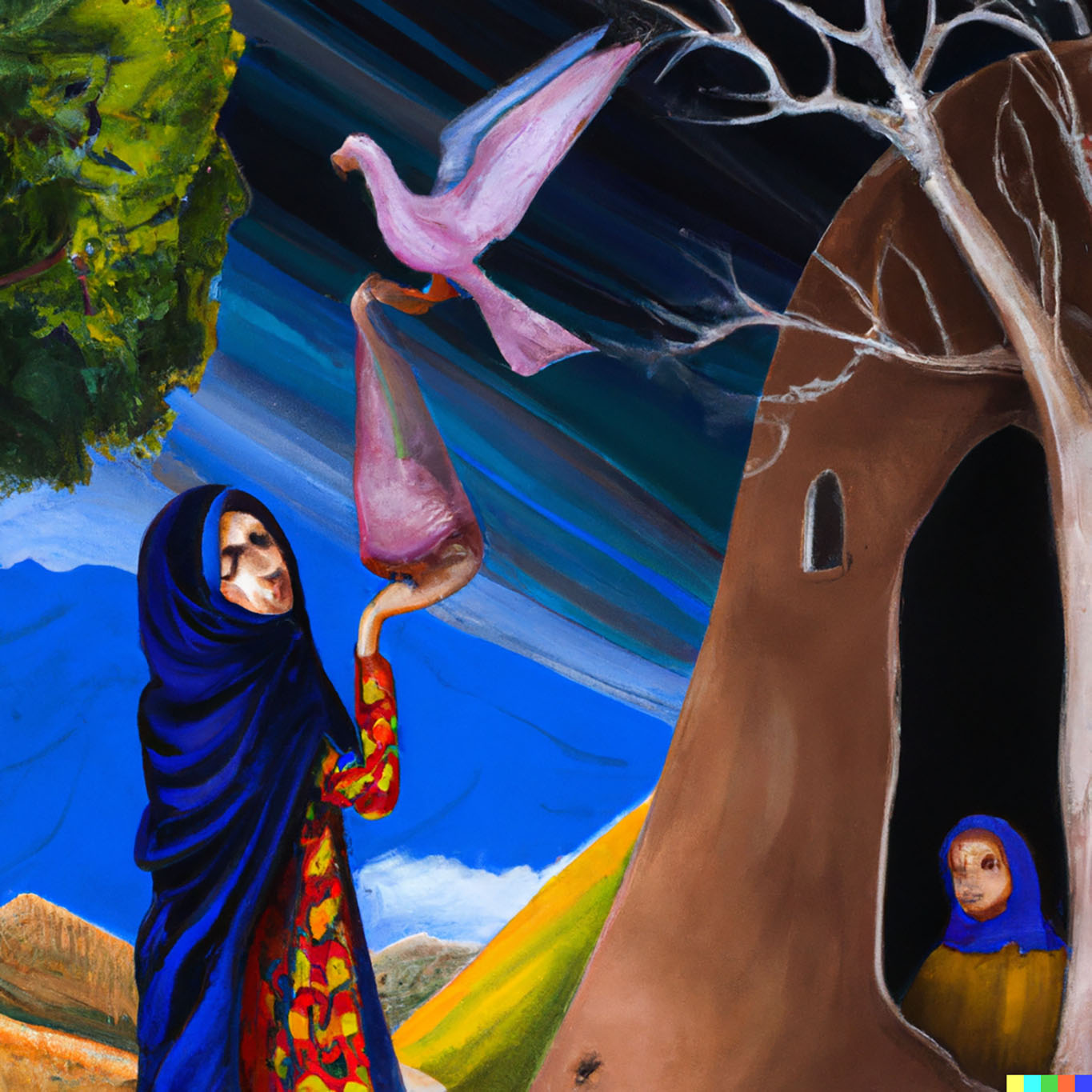A God at the Door, poems by Tishani Doshi
Copper Canyon Press, 2021
ISBN 9781556594526
Survival
Dear ones who are still alive, I fear we may have overthought
things. It is not always a war between celebration and lament.
Now we know death is circuitous, not just a matter of hiding
in the dark, or under a bed, not even a slingshot for our loved
ones to carry, it changes nothing. Ask me to build a wall
and I will build it straight. When the end came, were you
watching TV or picnicking in a field with friends? Was the tablecloth
white, did you stay silent or fight? I hope by now you’ve given up
the fur coat, the frequent-flier miles. In the hours of waiting,
I heard a legend about a woman who was carried off by winds,
a love ballet between her and the gods, which involved only minor
mutilations. How I long to be a legend. To stand at the dock
and stare at this or that creature who survived. Examine
its nest, marvel at a tusk that can rake the seafloor for food.
Hope is a noose around my neck. I have traded in my rollerblades
for a quill. Here is the boat, the journey, the camp. If we want
to arrive we must push someone off the side. It is impossible
to feel benign. How many refugees does it take to build
a mansion? I ask again, shall we wait or run?
Here is winter, the dense pack ice. Touch it. It is a reminder
of our devastation. A kind of worship, an incantation.
After a Shooting in a Maternity Clinic
in Kabul

No one forgets there’s a war going on,
but there are moments you could be forgiven
for believing the city is still an orchard,
a place where you could make a thing grow.
There is always a pile of rubble from which
some desperate person struggles to rise,
while another person wraps a shawl
around their shoulders and roasts
marshmallows over a fire.
This is not that.
This is not bomb dropping from sky,
human shield, hostages in a stream, child
picking up toy that explodes in her hands—
although there’s always that—hope is a booby trap.
This is the house you were brought to after crossing
a river, leaving the mountains and burnt fields
behind. A place of safety where you
could be alone with your own
startling power.
Not Why were you out? And why
wasn’t your face covered? And who told you
to climb into that rickshaw? But Here, prepare
for this most ordinary thing, a birth. And this is not
to ask what it means never to see someone again,
but to ask what it means not to make it past
the first checkpoint of your mother’s gates.
Never mind all the wild places
outside—
the mud-brick villages, the valleys and harvests
and glasses of green tea. Or even to say I am here
to claim the child of Suraya, because you know
this to be impossible. Even if you could bring a man
to recover your sister’s corpse and the newborn,
where do you go from here? You still have
to consider the bodies, the bullet-ridden
walls, still have to find the small
window of this house and take
in the panorama.
See—it is raining outside and men weep
for their wives, and perhaps the entire world
is an orchard that has detonated its crimson fruits,
its pomegranates and poppies and tart mulberries
to wash these floors red, and those of us who stand
outside this house know that nothing will flourish
here again. Like crowds who gather
for an execution, we can only ask,
what does it mean to be born
in a graveyard, to enter
the world, saying,
Oh thief, oh life.
Self
And when they ask what kind of animal
would you be, I always say gazelle or lark,
never cockroach, even though they’ll outlast
us all. Once I dreamed I had a body with two
heads like those ancient figures from the Zarqa
River—bitumen eyes, trunks of reed and hydrated
lime, built thick and flat without genitals, nothing
shameful to eject except tears. We all want to be
monuments but can’t help shoving our fingers
in dirt. Imagine a life in childhood—one face
to the womb, another to the future. What we remember
is the road, peering through a lattice at dusk,
the trauma of burial. Will we have terra-cotta
armies to take us through, will we be alone
with the maggots? How good the rain is
after a failed romance. Never mind the muddy
bloomers. We are appalled by life and still,
any chance we get we emerge from the earth
like cicadas to sing and fuck for a moment
of triumph. The shock we carry is that the world
doesn’t need us. Even so, we go collecting parts—
an afternoon by the sea, a game of hopping on
and off scales, nose low to the ground, looking
for that other glove to complete us.
Here I am, globe, spinning planet.
Tell me, Why are you not astonished?




